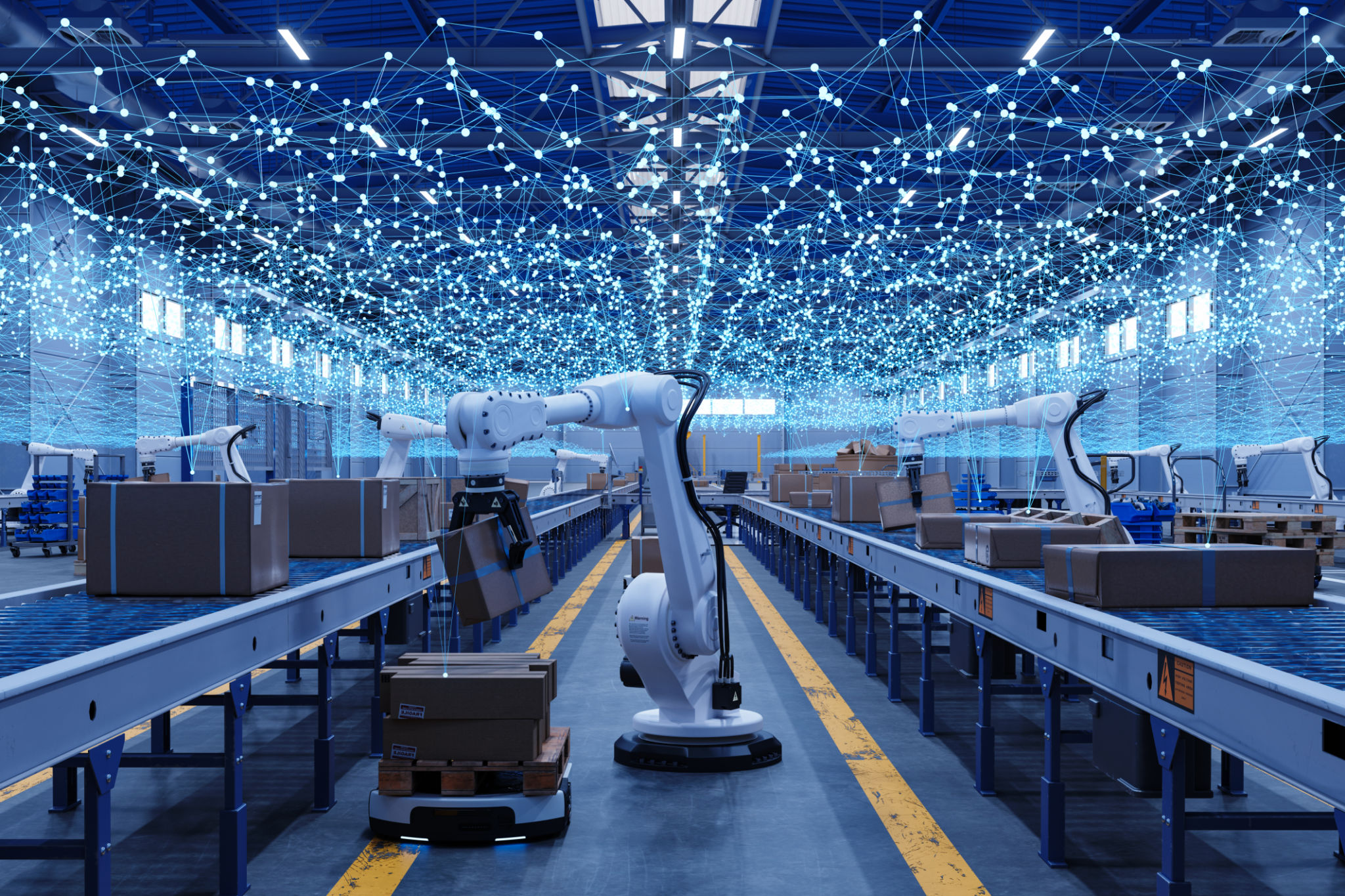Exploring Emerging Technology Trends: What Businesses Need to Know
Understanding the Impact of Emerging Technologies
In our rapidly evolving digital landscape, businesses must stay informed about emerging technology trends to remain competitive. As new technologies develop, they reshape industries and create new opportunities for growth and innovation. Understanding the impact of these technologies is crucial for businesses aiming to stay ahead of the curve.
Emerging technologies such as artificial intelligence (AI), blockchain, and the Internet of Things (IoT) are revolutionizing the way businesses operate. These advancements offer potential for increased efficiency, enhanced customer experiences, and new business models.

Artificial Intelligence: Transforming Business Operations
Artificial intelligence has become a cornerstone of modern business operations. By leveraging AI, companies can automate routine tasks, enhance decision-making processes, and personalize customer interactions. AI-driven analytics provide valuable insights, enabling businesses to make data-driven decisions.
Moreover, AI is transforming customer service through chatbots and virtual assistants, offering 24/7 support and improving response times. As AI technology continues to evolve, its applications will expand, offering even greater potential for businesses to innovate.

Blockchain: Redefining Trust and Transparency
Blockchain technology is gaining traction across various industries due to its potential to enhance security and transparency. By providing a decentralized and immutable ledger, blockchain ensures data integrity and reduces the risk of fraud. This technology is particularly beneficial for sectors like finance, supply chain, and healthcare.
Businesses adopting blockchain can streamline transactions, improve traceability, and foster trust among stakeholders. As blockchain technology matures, it is expected to become a standard tool for ensuring transparency and accountability.
The Internet of Things: Connecting the World
The Internet of Things (IoT) is creating a connected ecosystem where devices communicate and share data seamlessly. This interconnected network offers businesses new ways to collect data, optimize operations, and enhance customer experiences.
IoT applications range from smart home devices to industrial sensors, providing real-time insights and predictive analytics. By integrating IoT into their operations, businesses can improve efficiency, reduce costs, and deliver more personalized services.

5G Connectivity: Enabling Faster Communications
The rollout of 5G networks is set to revolutionize connectivity, offering faster speeds and lower latency. This advancement will enable businesses to leverage technologies like AR/VR, remote work, and real-time data processing more effectively.
With 5G, industries such as healthcare, manufacturing, and entertainment can develop innovative applications that were previously limited by network capabilities. Businesses must prepare to harness the power of 5G to stay competitive in this new era of connectivity.

Preparing for the Future: Adapting to Change
To capitalize on these emerging technology trends, businesses must adopt a proactive approach. This involves staying informed about technological advancements, investing in employee training, and fostering a culture of innovation.
By embracing change and integrating new technologies into their operations, businesses can unlock new opportunities for growth and remain resilient in the face of disruption. As technology continues to advance, those willing to adapt will be best positioned for success in the future.
